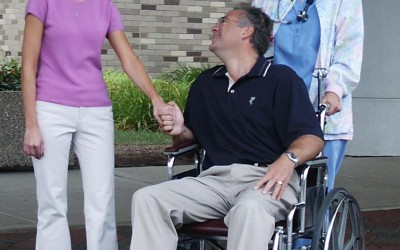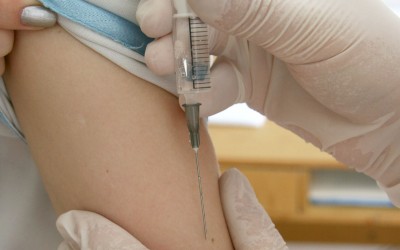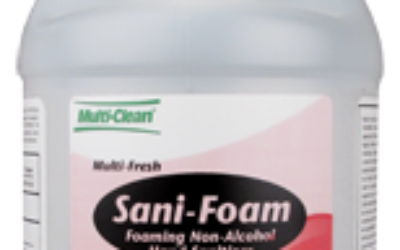Hepatitis A Infection & Disease
|0 Comment
Hepatitis is the inflammation of the liver, caused by alcohol and drug use, bacteria, or toxins. Hepatitis A is a contagious virus that also causes liver infection. Hepatitis A is considered an acute infection, not a chronic liver disease. Within the Hepatitis family, the Hepatitis A









